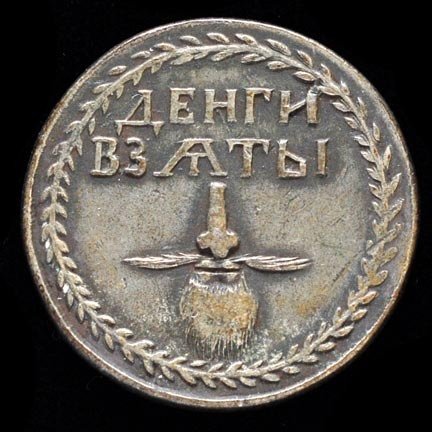The things that happen after the death of your brother... with whom you ruled an entire country since age 10... What would you do?
In Pyotr's case, he went incognito on a "Grand Embassy" around all of Europe for a couple of years.
In this guise, he spent time working as a hired hand for companies such as the Dutch East India Company and the British Royal Navy, learning the secrets that made these countries the powerhouses that they were at the time. Apparently, he even spent time observing Parliament in London.
Returning to Russia, Pyotr embarked on an even greater mission - of modernizing Russia. He made changes to the economy, government, the calendar, even the way Russian was written. And beards. The beards had to go - because they were seen, by Pyotr, as a sign of backwards agricultural times - which needed modernization.
This was hugely unpopular, since in many religions of the day (notably Jews and the Russian Orthodox) considered it sinful to shave off one's god-given beard. Pyotr softened and on September 5, 1698, he introduced the Beard Tax, which charged men between 1 kopek and 100 rubles a year, depending on their station, for the privilege of not having to shave - for this tax, a man received a small copper token that served as proof that he had paid his tax. Apparently, there were exceptions for the clergy, even then.

(A token from 1705 - Source)
Although the tax did manage to raise around 3500 rubles annually, it was largely unsuccessful due to the unwillingness of men to shave and the inability of Russia to collect the tax consistently. Yet, the tax remained until Catherine the Great finally repealed it in 1772.
A short video on the topic:
Sources
Previous issues
Lori Svensen
author/designer at A'mara Books
photographer/graphic artist for Viking Visual
(Buy my work at RedBubble, TeePublic, PicFair and DeviantArt.)
verified author on Goodreads
(Buy my books at Books2Read and at LBRY)


